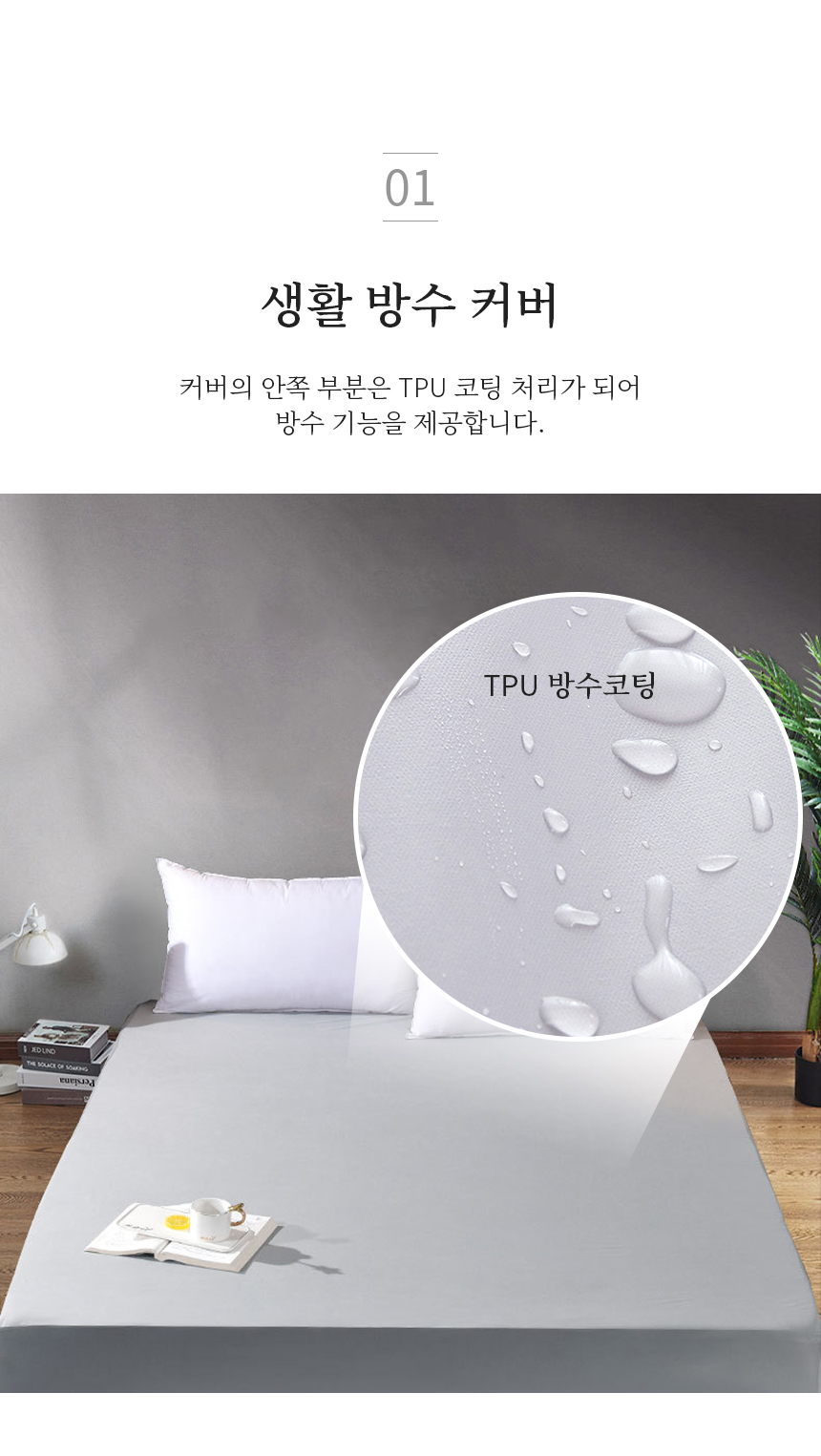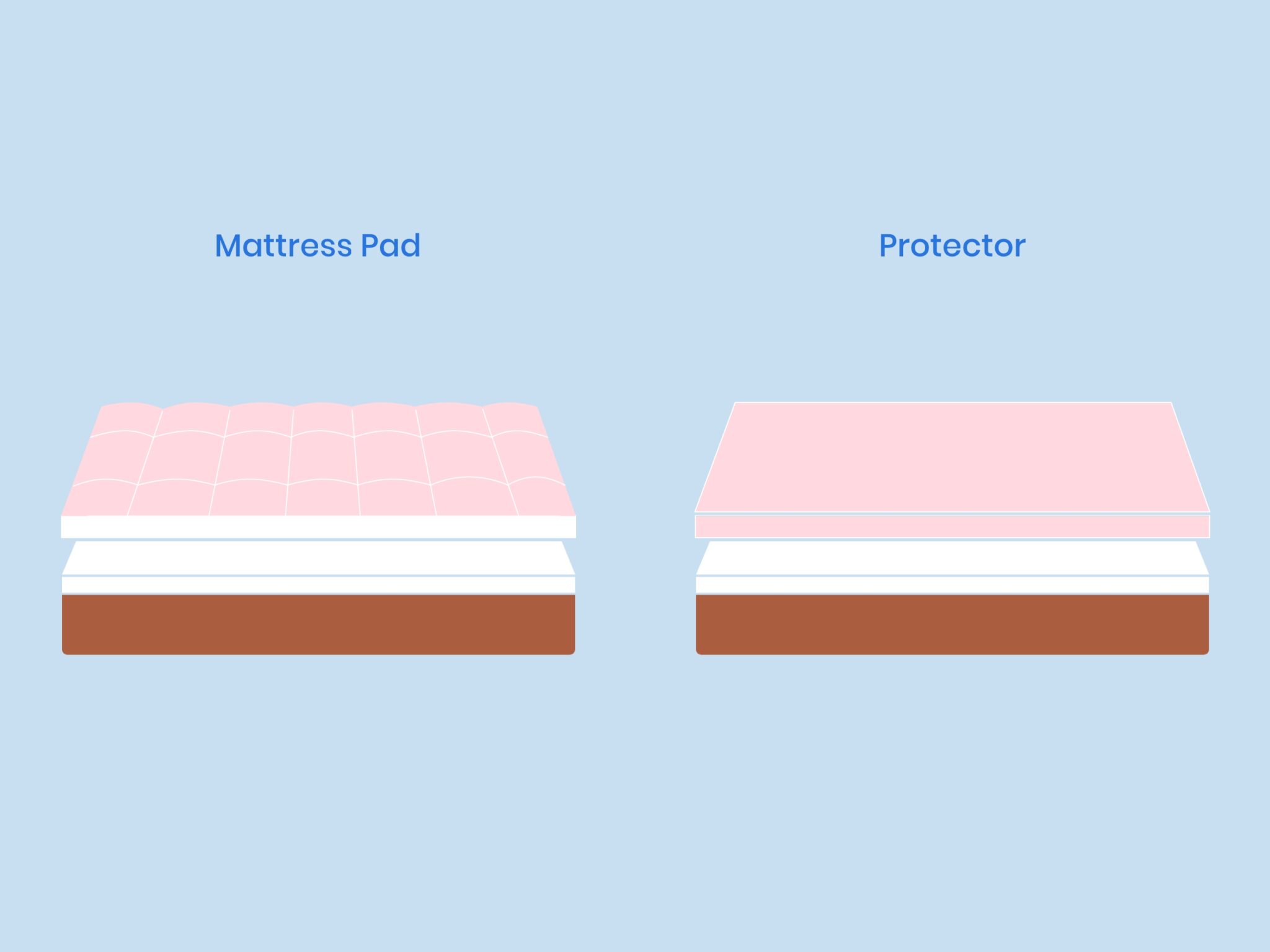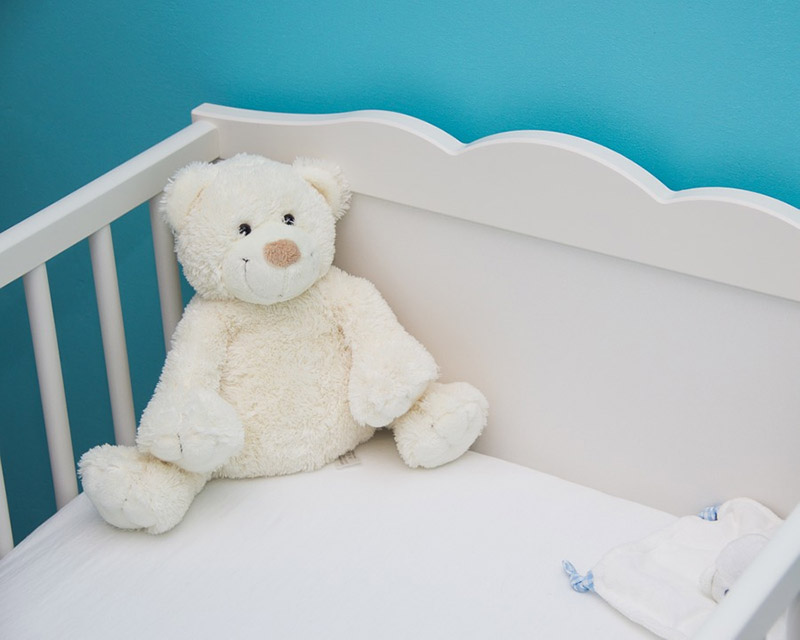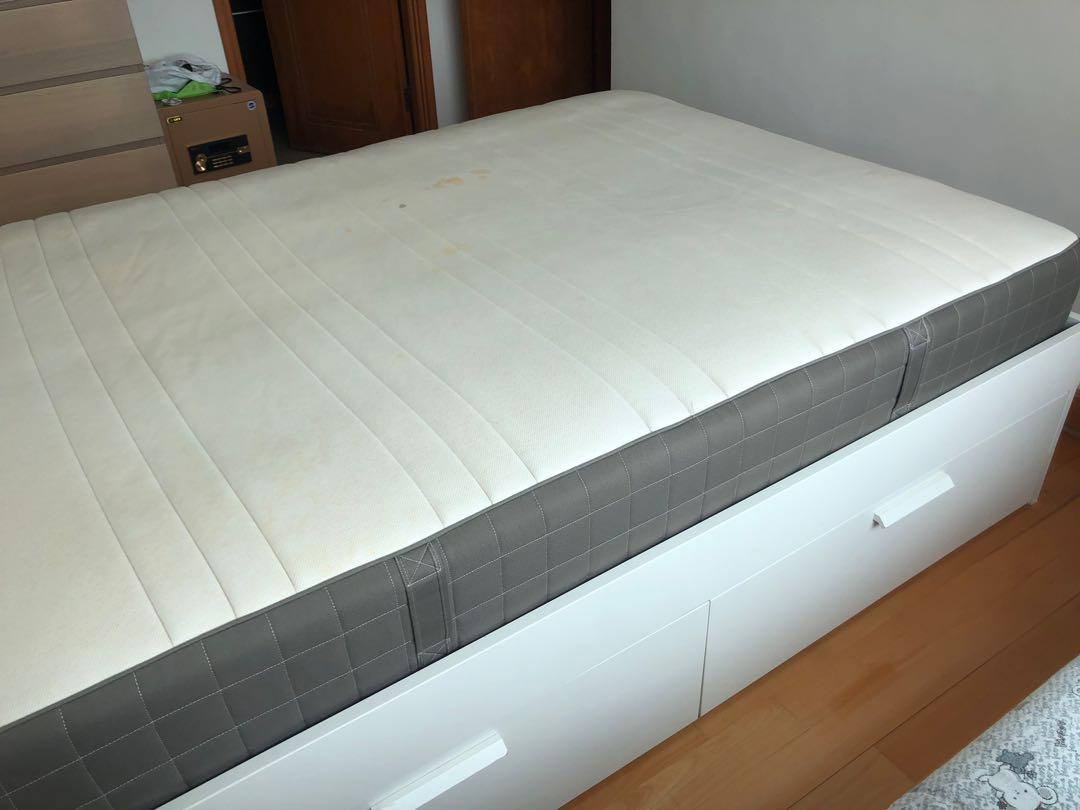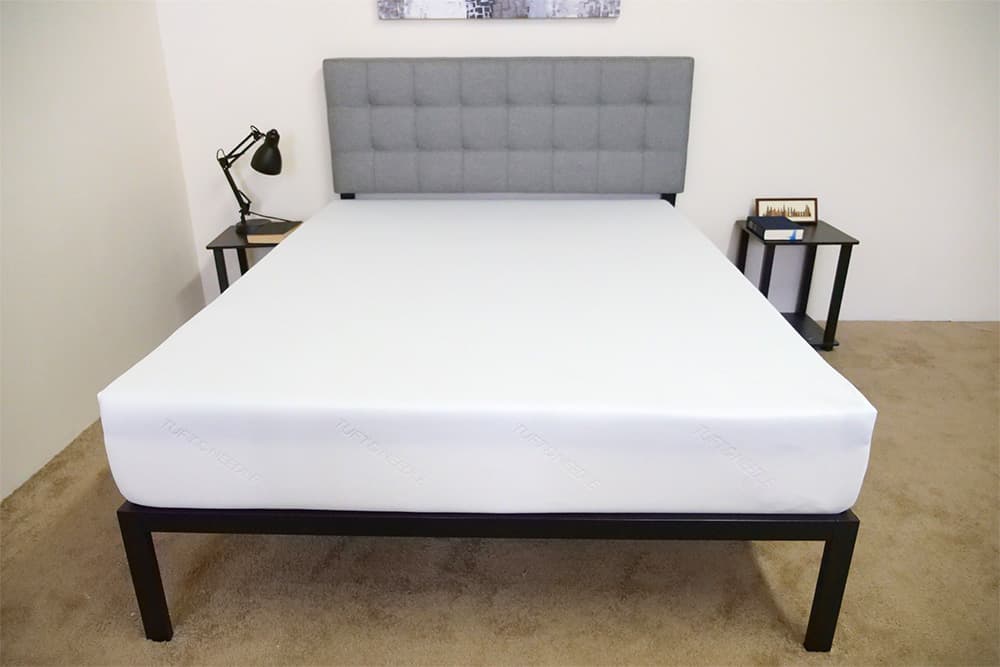When it comes to protecting your mattress, there are two main options to choose from: a mattress cover or a mattress protector. While they may seem similar, there are key differences between the two that can impact your sleeping experience. In this article, we will explore the differences between a mattress cover and a mattress protector, and help you decide which one is the best fit for your needs.What is the difference between a mattress cover and a mattress protector?
The main purpose of a mattress cover or protector is to keep your mattress clean and protected from wear and tear. However, the level of protection they offer can vary. Mattress covers are typically made of a thin, stretchy material and are designed to fit snugly over your mattress. They are primarily used to protect against spills, stains, and general wear and tear. They are also great for keeping your mattress free from dust and dirt. Mattress protectors, on the other hand, are usually thicker and made of a waterproof or water-resistant material. They offer more comprehensive protection against spills, stains, and allergens such as dust mites. They may also have additional features such as temperature regulation, making them a popular choice for those with allergies or sensitivities.Mattress Cover vs Mattress Protector: Which One Do You Need?
While both mattress covers and protectors serve the purpose of protecting your mattress, they each have their own unique benefits. A mattress cover is a cost-effective way to protect your mattress from spills and dirt. They are also easy to remove and wash, making them a convenient option for those who want to keep their mattress clean without too much effort. A mattress protector, on the other hand, offers more comprehensive protection against allergens and spills. They are also more durable and can extend the lifespan of your mattress by preventing damage from spills and accidents.Understanding the Benefits of a Mattress Cover vs Mattress Protector
If you suffer from allergies, it is important to choose a mattress cover or protector that can help alleviate your symptoms. Mattress covers can help reduce the amount of dust and dirt on your mattress, which can be a trigger for allergies. However, they may not be effective against smaller allergens such as dust mites. Mattress protectors, with their waterproof and hypoallergenic materials, can provide more comprehensive protection against allergens. They can also be easily washed and dried, making it easier to keep your mattress free from allergens.Mattress Cover vs Mattress Protector: Which One is Better for Allergies?
When it comes to durability, mattress protectors have the upper hand. They are made of thicker, more durable materials that can withstand spills and accidents without damaging your mattress. Some protectors also come with a warranty, giving you peace of mind and ensuring long-lasting protection for your mattress. However, this doesn't mean that mattress covers are not durable. If you are looking for a more affordable option, there are also high-quality mattress covers that can offer good durability and protection against wear and tear.Mattress Cover vs Mattress Protector: Which One is More Durable?
Both mattress covers and protectors are designed to be easy to clean, but the cleaning process may differ. Mattress covers are typically machine-washable, making them easy to clean and maintain. They can also be quickly removed and put back on, making it a convenient option for those who want to keep their mattress clean without too much effort. Mattress protectors may require more effort when it comes to cleaning. Some may need to be washed by hand or spot-cleaned, while others can be machine-washed. However, they offer more comprehensive protection against spills and stains, making the extra effort worth it.Mattress Cover vs Mattress Protector: Which One is Easier to Clean?
When it comes to cost, mattress covers are generally more affordable compared to protectors. However, the price may vary depending on the brand, material, and size of the cover or protector. If you are on a budget, a mattress cover may be the better option. But if you are looking for more comprehensive protection and features, a mattress protector may be worth the investment.Mattress Cover vs Mattress Protector: Which One is More Affordable?
If you are worried about spills and accidents, a waterproof mattress protector is your best bet. They are made of a waterproof material that can prevent liquids from seeping into your mattress, keeping it clean and dry. While some mattress covers may also offer water-resistant properties, they may not be as effective as protectors in preventing liquids from reaching your mattress.Mattress Cover vs Mattress Protector: Which One is Better for Waterproofing?
For those who tend to sleep hot or cold, temperature regulation is an important factor to consider when choosing a mattress cover or protector. Some mattress covers are made of breathable materials such as cotton or bamboo, which can help regulate temperature and keep you cool during the night. However, they may not be as effective as protectors in this aspect. Mattress protectors, on the other hand, may come with additional features such as cooling gel or moisture-wicking properties, making them a better option for temperature regulation.Mattress Cover vs Mattress Protector: Which One is Better for Temperature Regulation?
If you are concerned about bed bugs, a mattress protector is your best line of defense. Their waterproof and hypoallergenic materials can prevent bed bugs from infesting your mattress and protect you from their bites. Mattress covers, while they can help keep your mattress clean and free from dust mites, may not provide as much protection against bed bugs. In conclusion, both mattress covers and protectors offer their own unique benefits when it comes to protecting your mattress. Consider your needs and budget when choosing between the two, and make sure to invest in a high-quality product to ensure long-lasting protection for your mattress.Mattress Cover vs Mattress Protector: Which One is Better for Protecting Against Bed Bugs?
The Importance of Protecting Your Mattress: Mattress Cover vs Protector
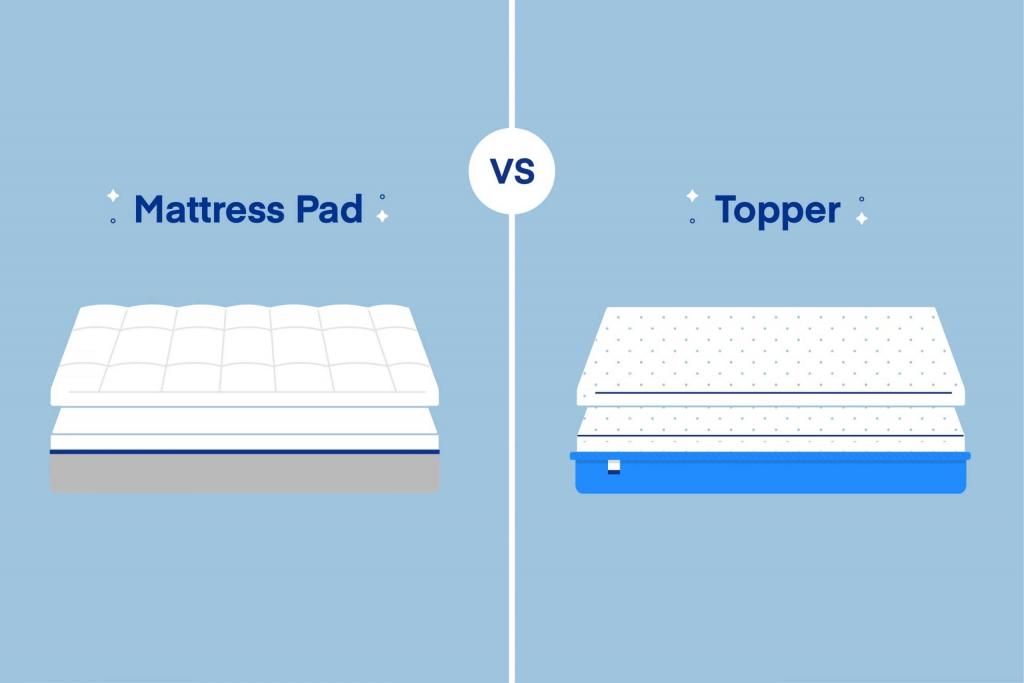
What is a Mattress Cover?
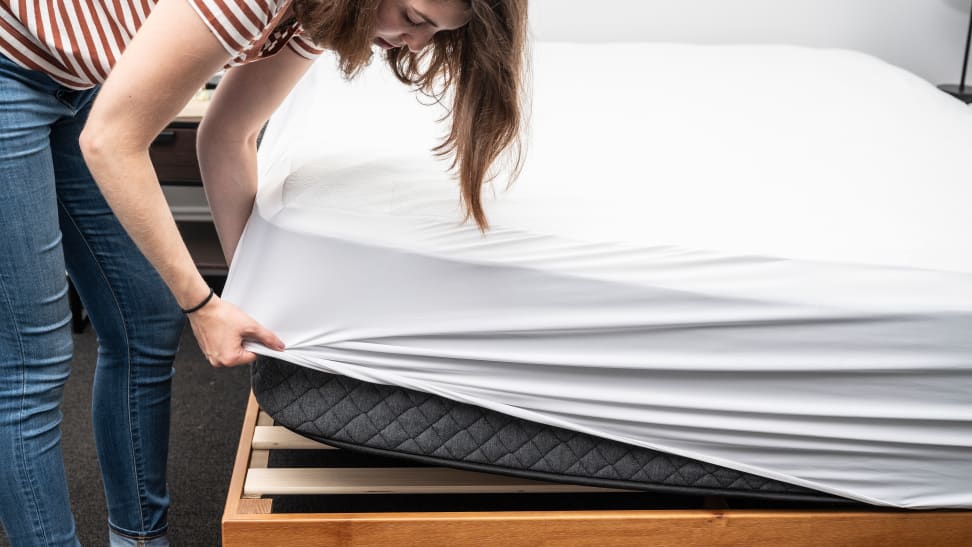 A
mattress cover
is a thin, fitted sheet that covers your mattress, much like a regular bed sheet. It is typically made of a cotton or polyester blend and is designed to protect your mattress from dust, dirt, and stains. Mattress covers are usually machine washable and can be easily removed and replaced.
A
mattress cover
is a thin, fitted sheet that covers your mattress, much like a regular bed sheet. It is typically made of a cotton or polyester blend and is designed to protect your mattress from dust, dirt, and stains. Mattress covers are usually machine washable and can be easily removed and replaced.
What is a Mattress Protector?
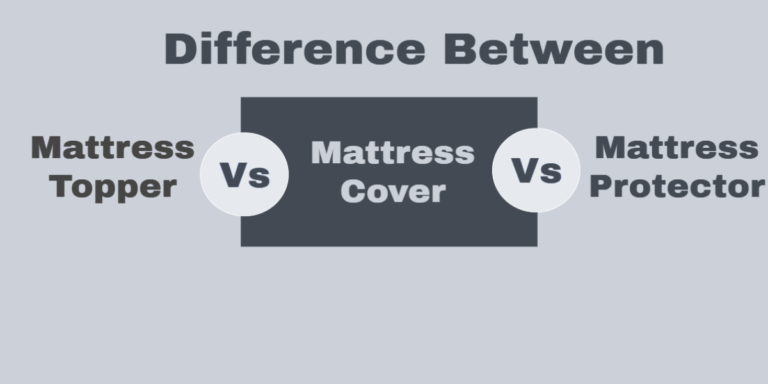 A
mattress protector
, on the other hand, is a thicker and more durable layer of protection for your mattress. It is usually made of a waterproof material such as vinyl or polyurethane and is designed to not only protect against dust, dirt, and stains, but also spills and liquids. Mattress protectors also offer an added layer of comfort and can improve the overall feel of your mattress.
A
mattress protector
, on the other hand, is a thicker and more durable layer of protection for your mattress. It is usually made of a waterproof material such as vinyl or polyurethane and is designed to not only protect against dust, dirt, and stains, but also spills and liquids. Mattress protectors also offer an added layer of comfort and can improve the overall feel of your mattress.
The Main Differences
 While both a mattress cover and protector serve the purpose of protecting your mattress, there are some key differences between the two. The main difference lies in the level of protection they provide. Mattress covers are more lightweight and are best for protecting against everyday wear and tear, while mattress protectors offer more heavy-duty protection against spills and liquids.
While both a mattress cover and protector serve the purpose of protecting your mattress, there are some key differences between the two. The main difference lies in the level of protection they provide. Mattress covers are more lightweight and are best for protecting against everyday wear and tear, while mattress protectors offer more heavy-duty protection against spills and liquids.
Which One Should You Choose?
 The choice between a mattress cover and protector ultimately depends on your individual needs. If you are looking for basic protection against dust and dirt, a mattress cover may be sufficient. However, if you have children or pets and are concerned about spills and accidents, a mattress protector may be a wise investment. Additionally, if you have allergies, a mattress protector can help protect against dust mites and other allergens.
The choice between a mattress cover and protector ultimately depends on your individual needs. If you are looking for basic protection against dust and dirt, a mattress cover may be sufficient. However, if you have children or pets and are concerned about spills and accidents, a mattress protector may be a wise investment. Additionally, if you have allergies, a mattress protector can help protect against dust mites and other allergens.
Final Thoughts
 In the end, both a mattress cover and protector serve important purposes in keeping your mattress clean and prolonging its lifespan. It's important to assess your needs and choose the option that best suits your lifestyle. Whichever you choose, regularly washing and replacing your mattress cover or protector can help maintain a clean and comfortable sleep environment. Invest in the protection of your mattress and you'll be rewarded with a better night's sleep.
In the end, both a mattress cover and protector serve important purposes in keeping your mattress clean and prolonging its lifespan. It's important to assess your needs and choose the option that best suits your lifestyle. Whichever you choose, regularly washing and replacing your mattress cover or protector can help maintain a clean and comfortable sleep environment. Invest in the protection of your mattress and you'll be rewarded with a better night's sleep.

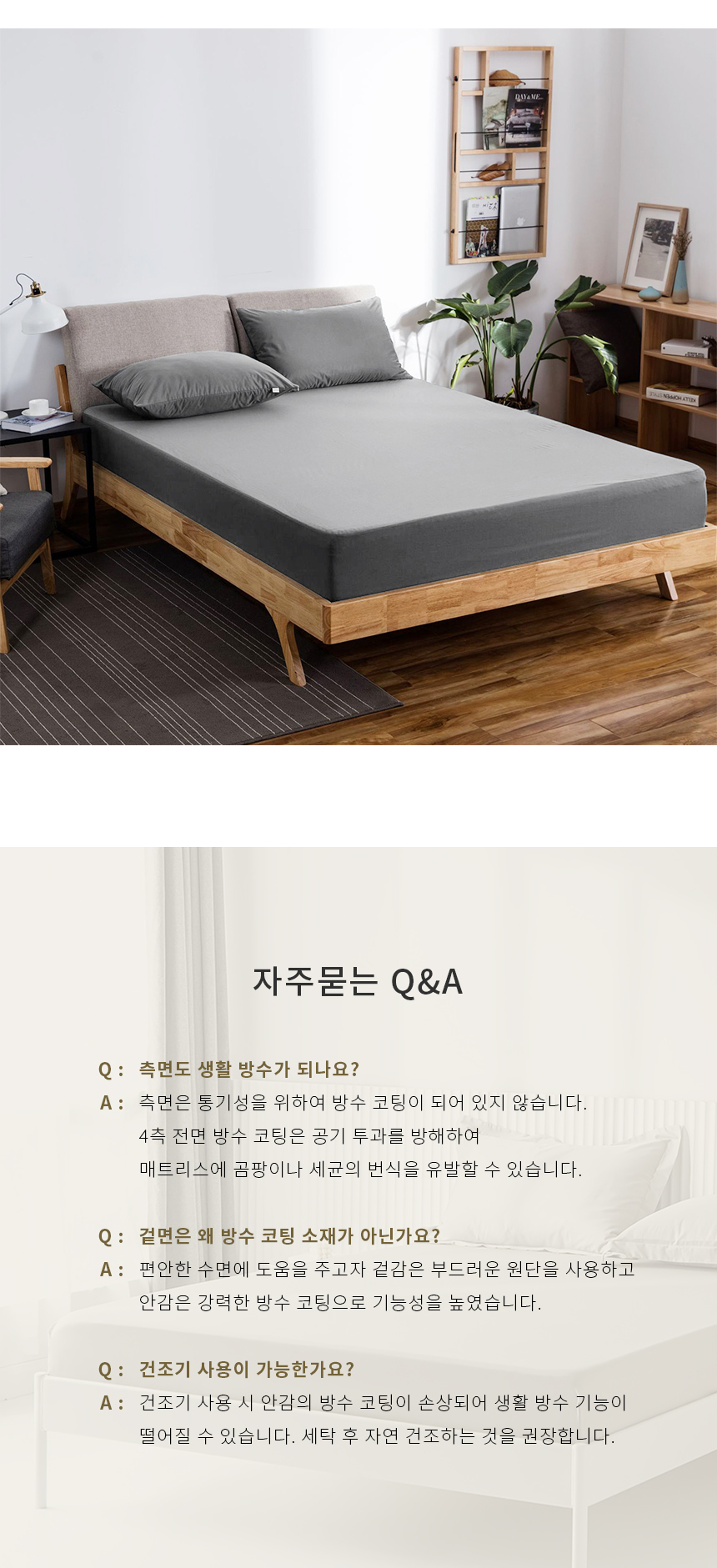

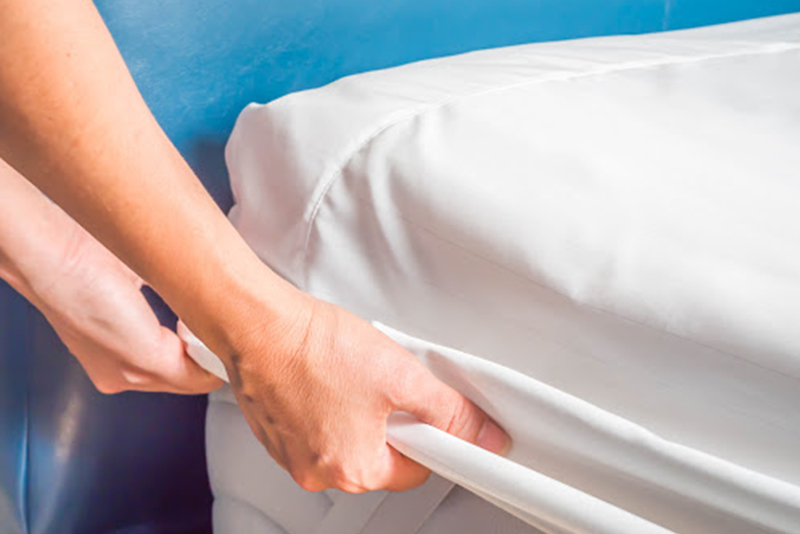

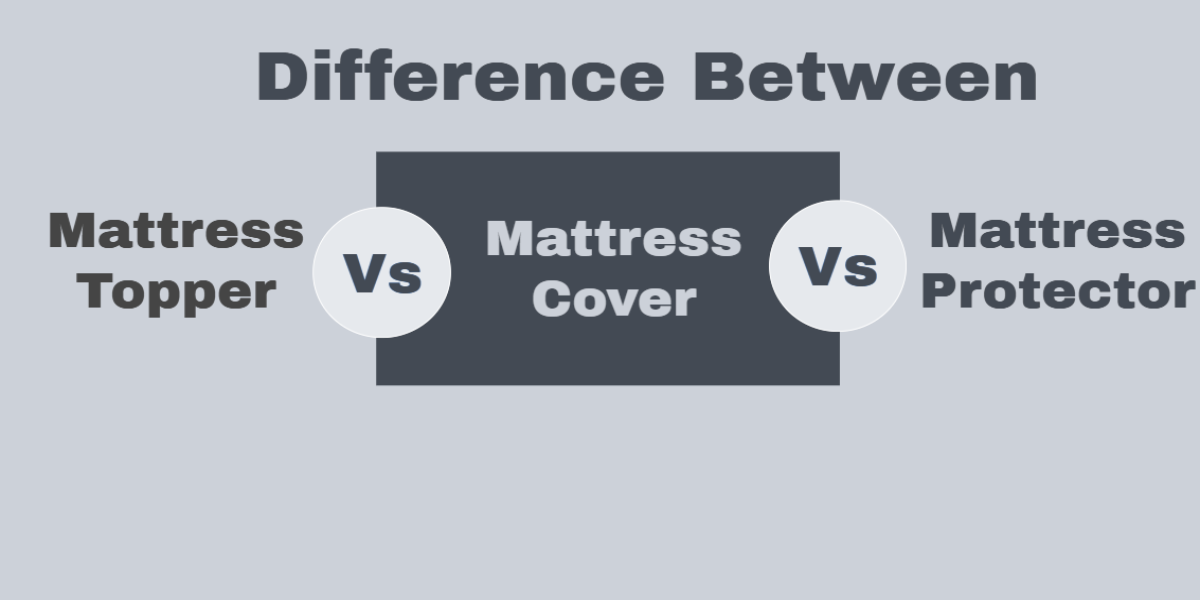

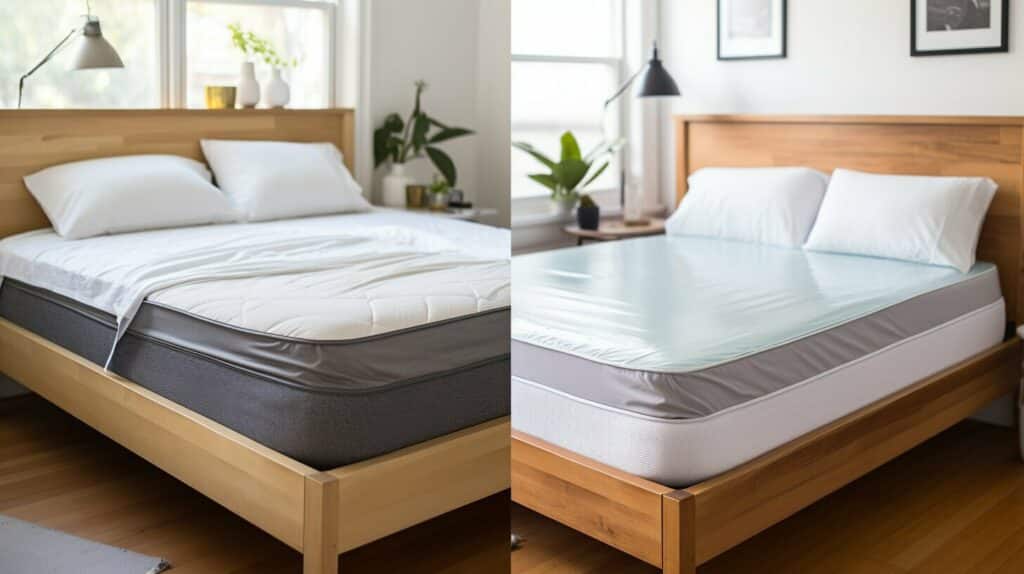

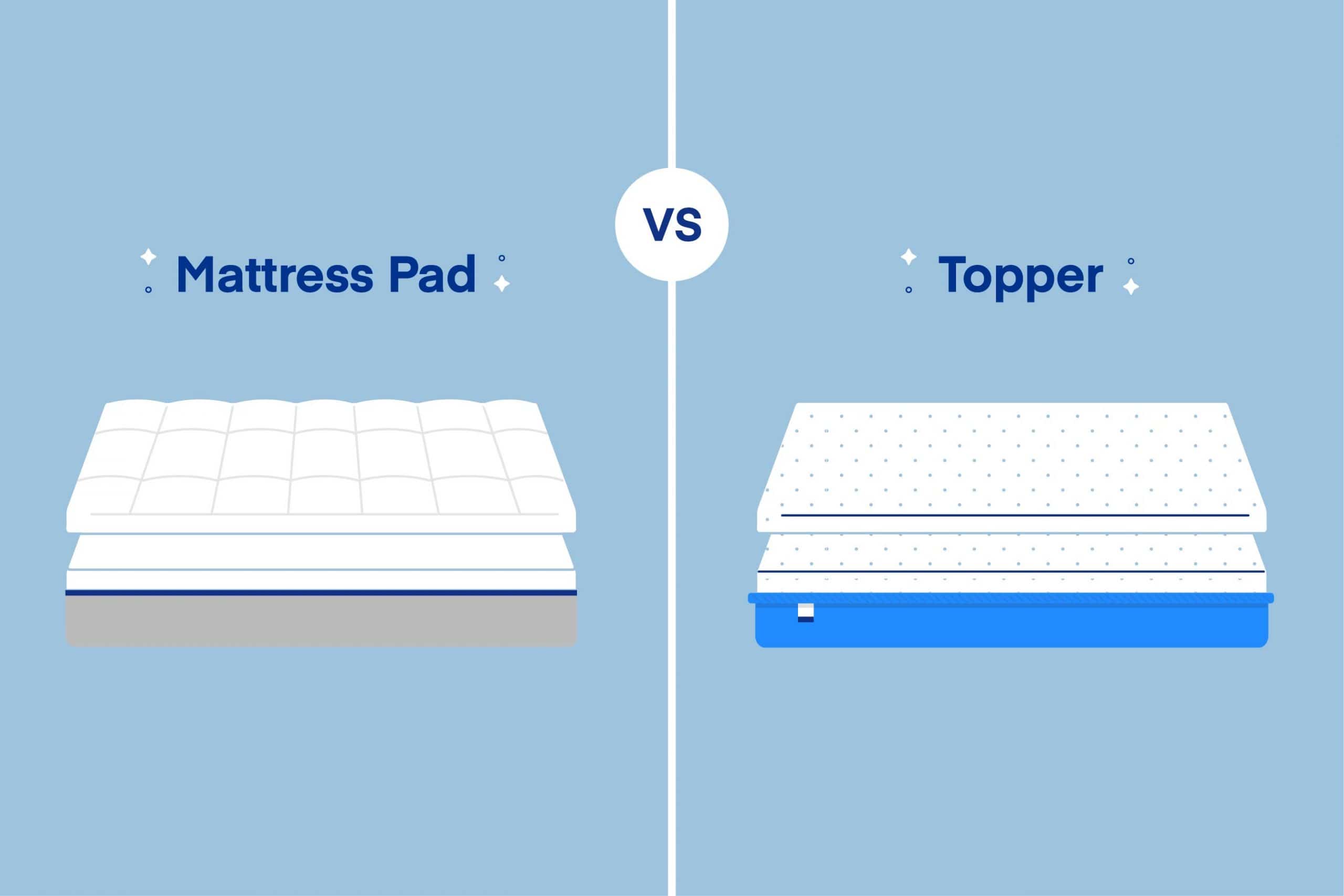



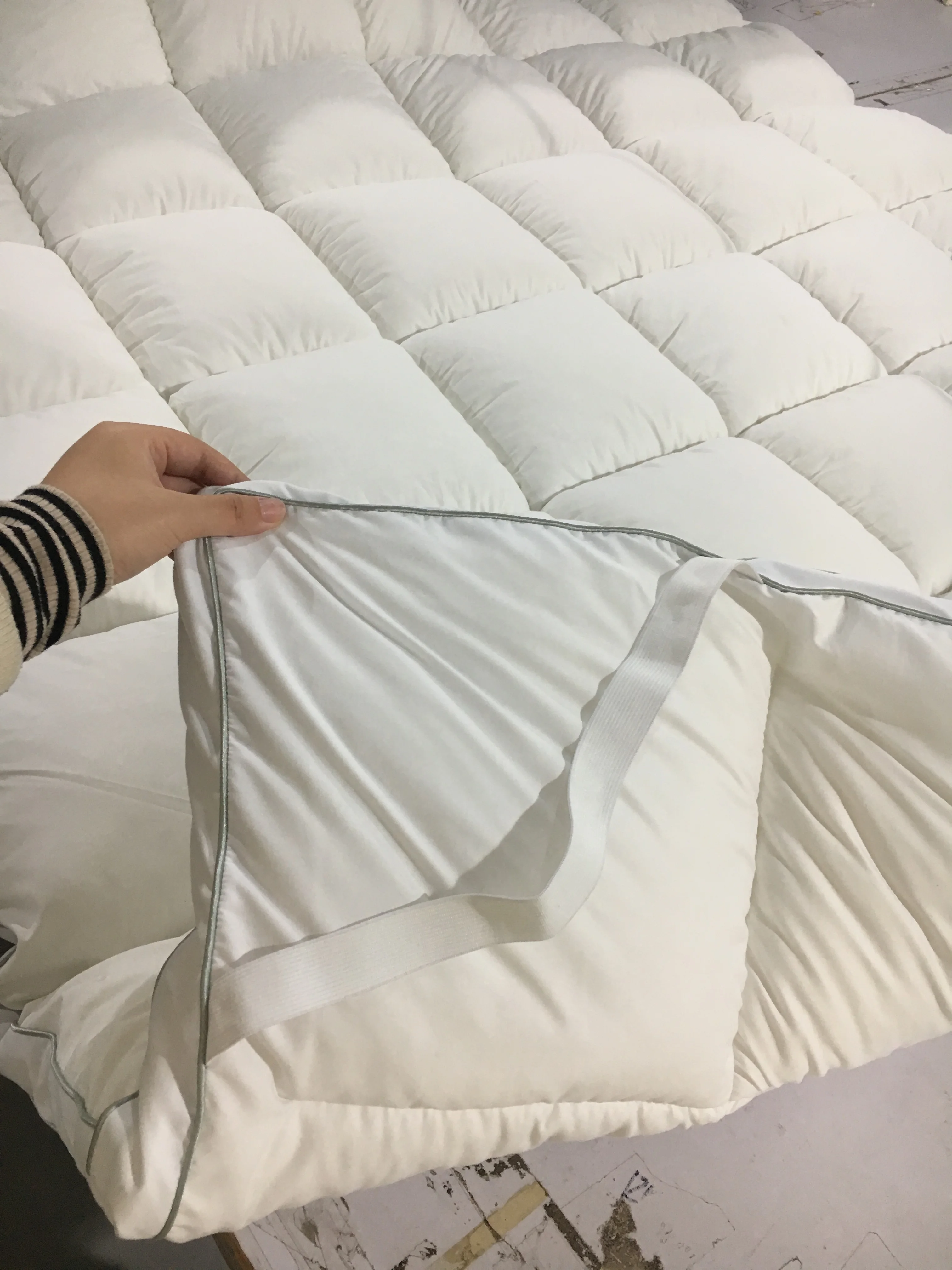

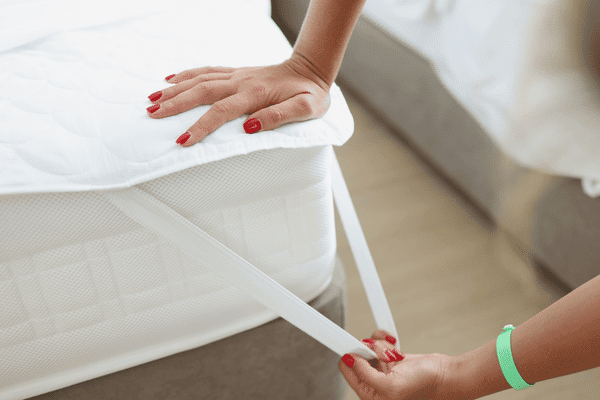
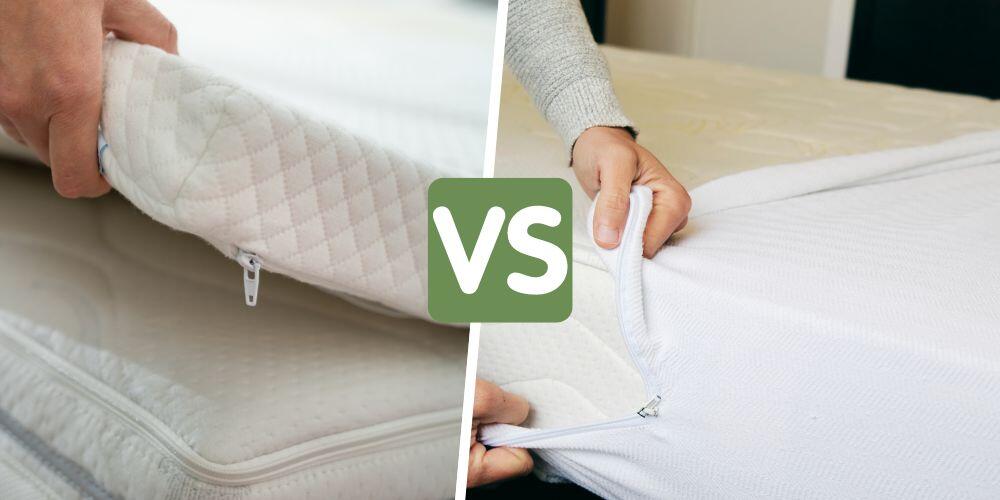

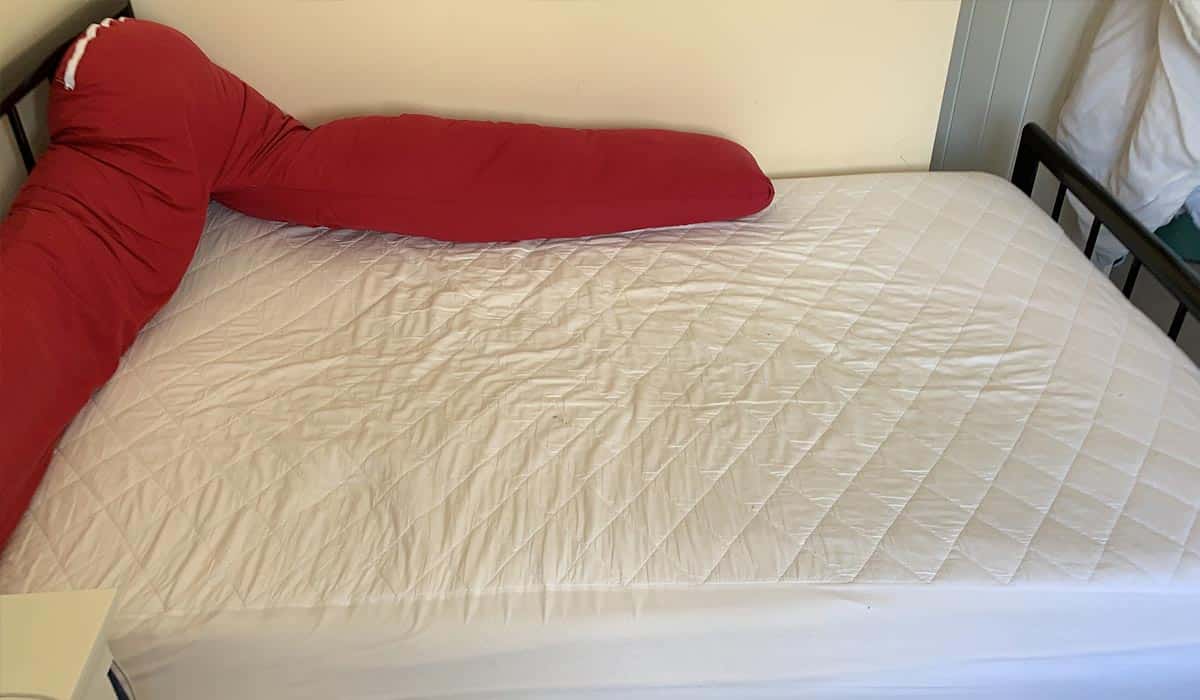

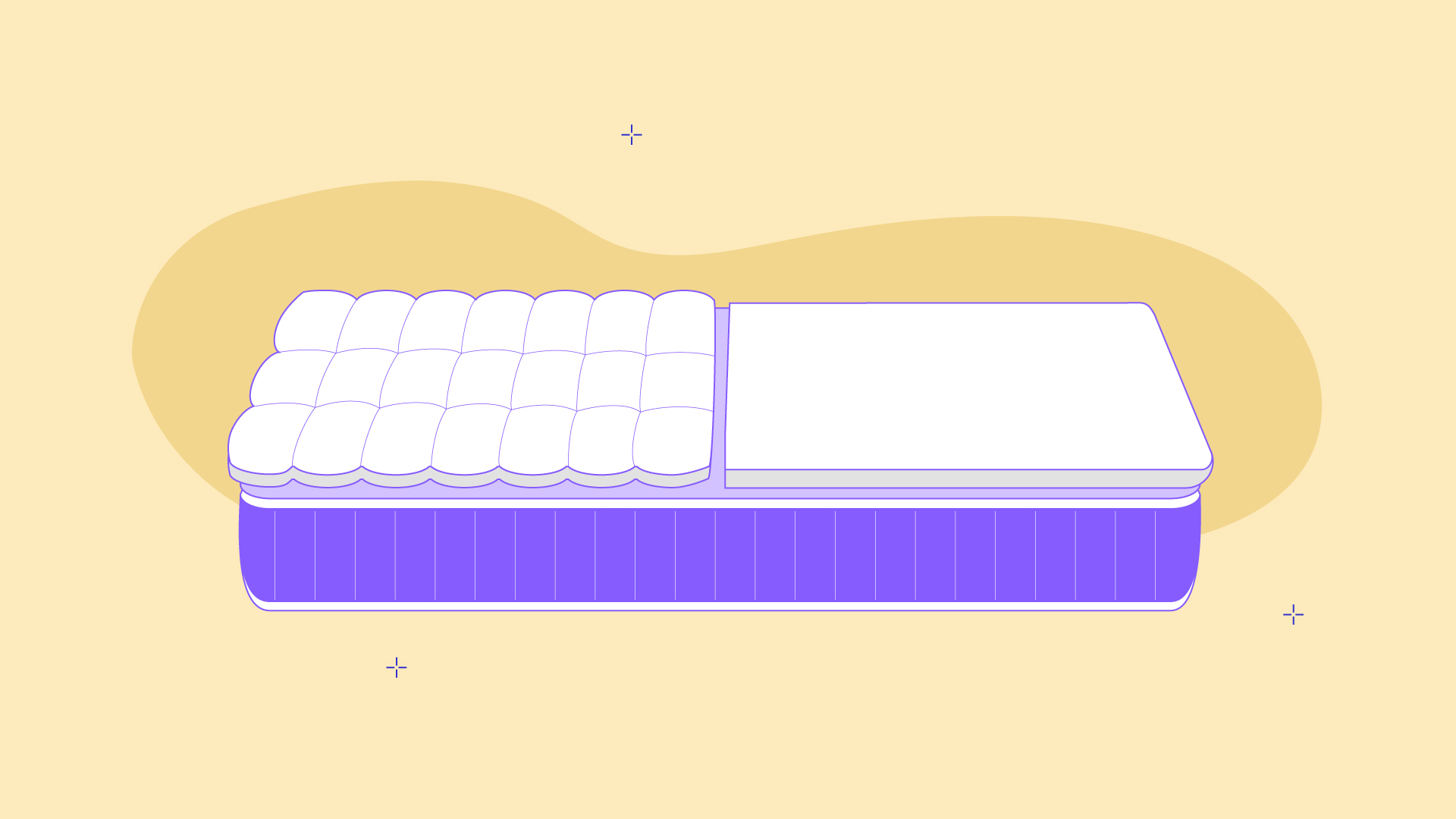
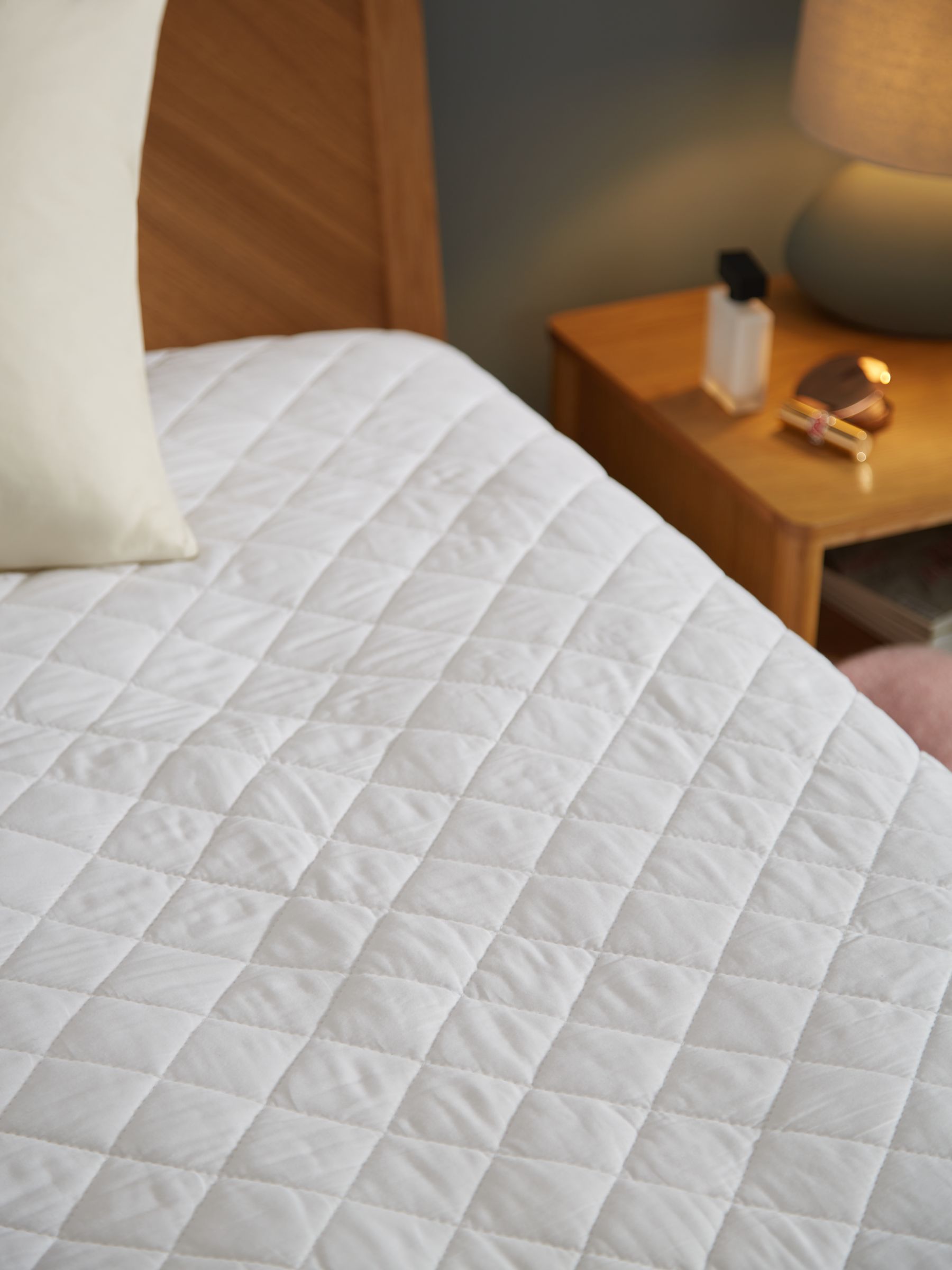

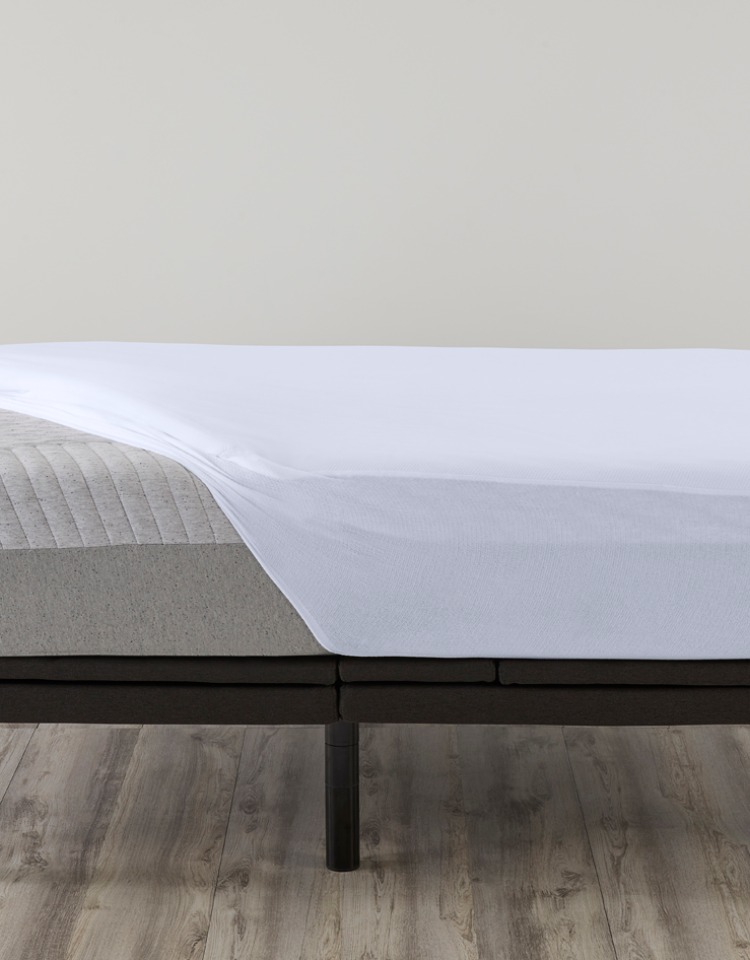
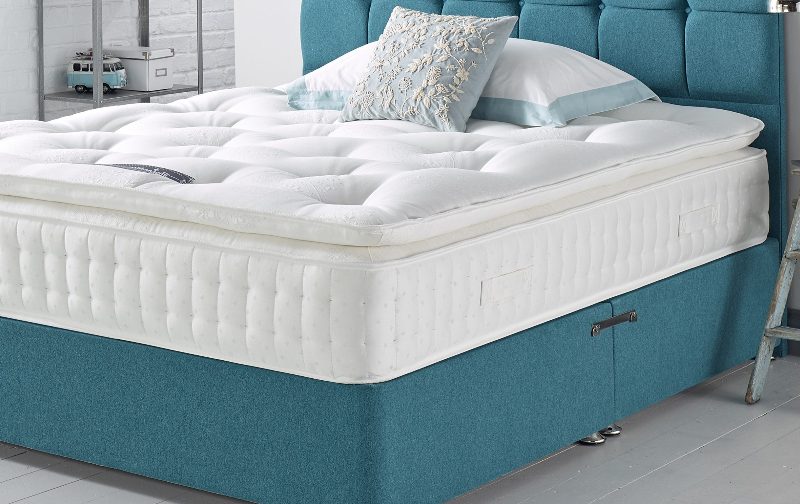

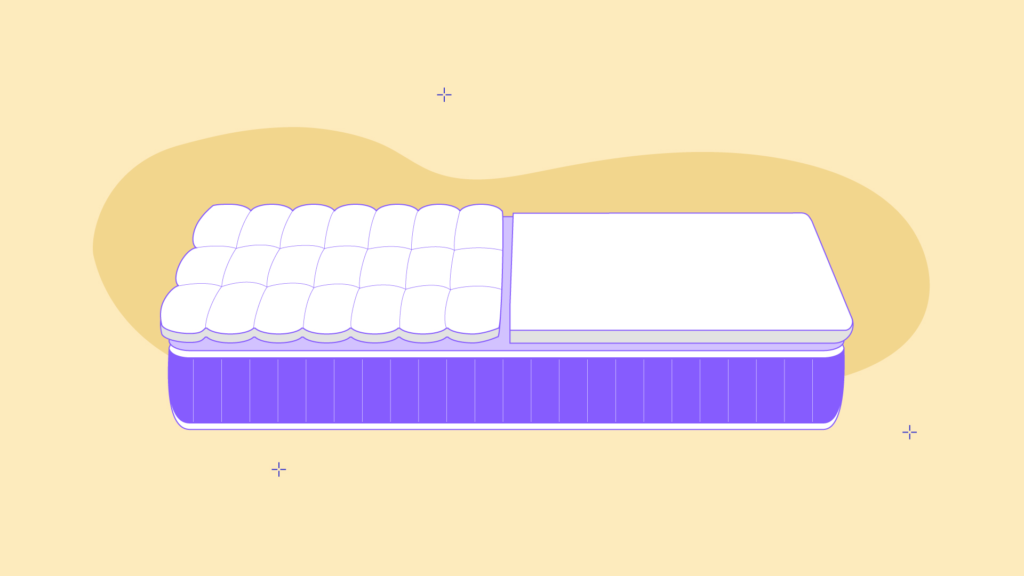




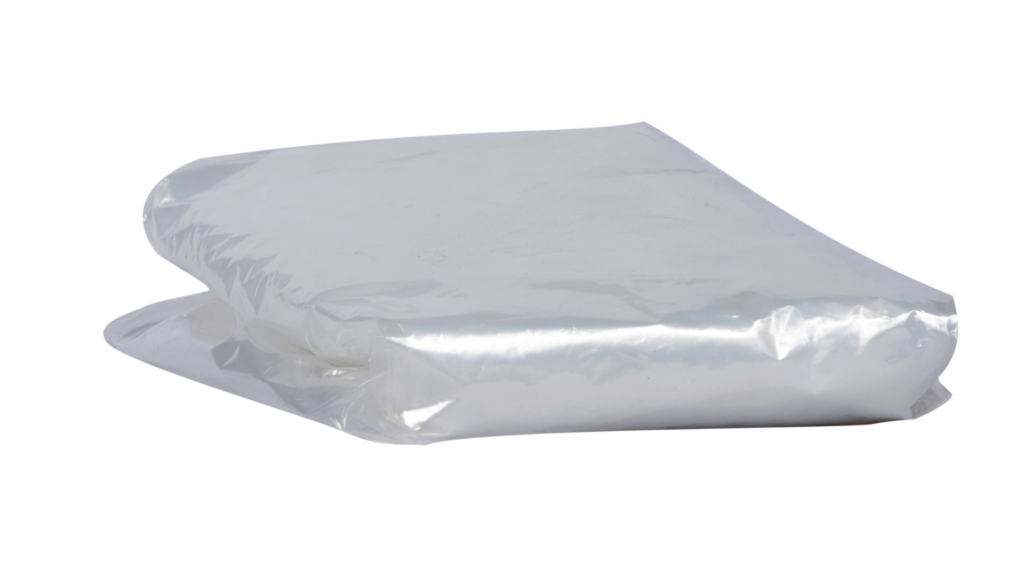

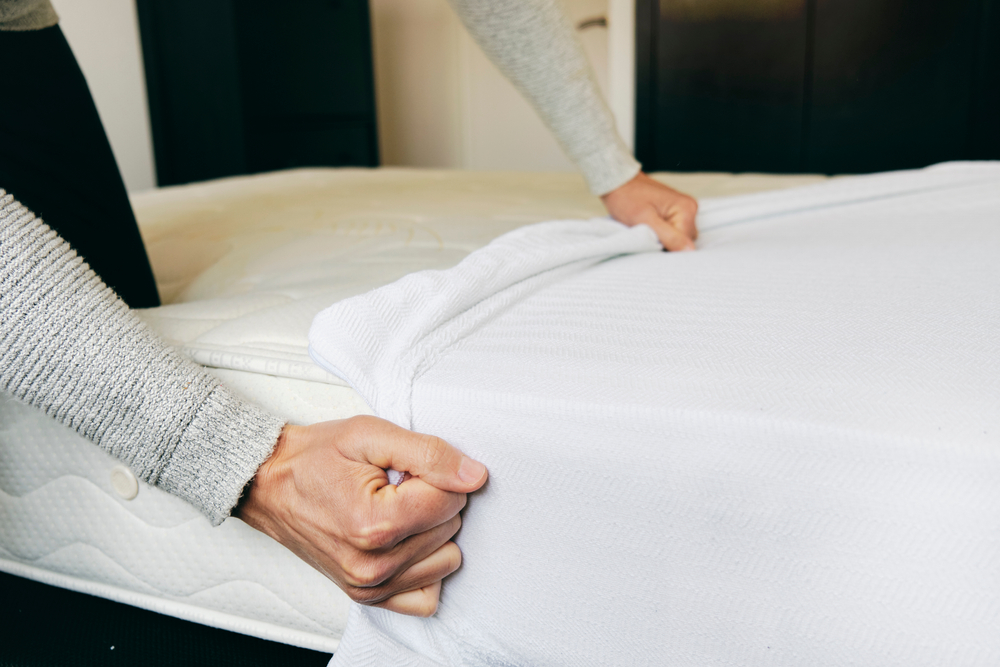


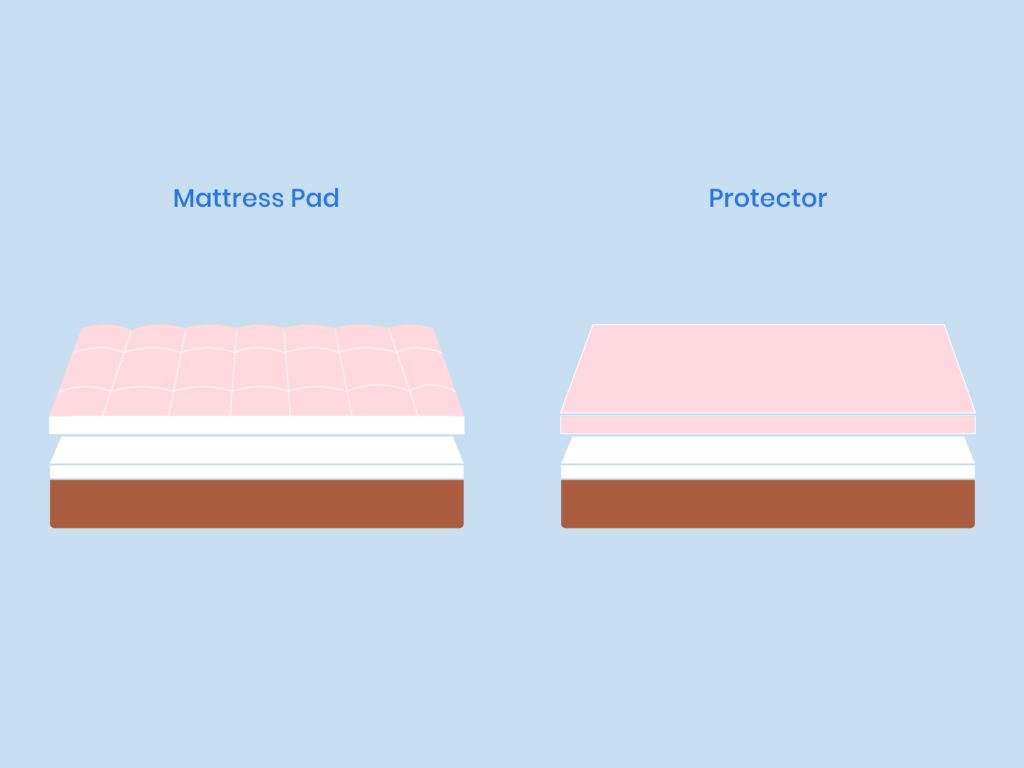


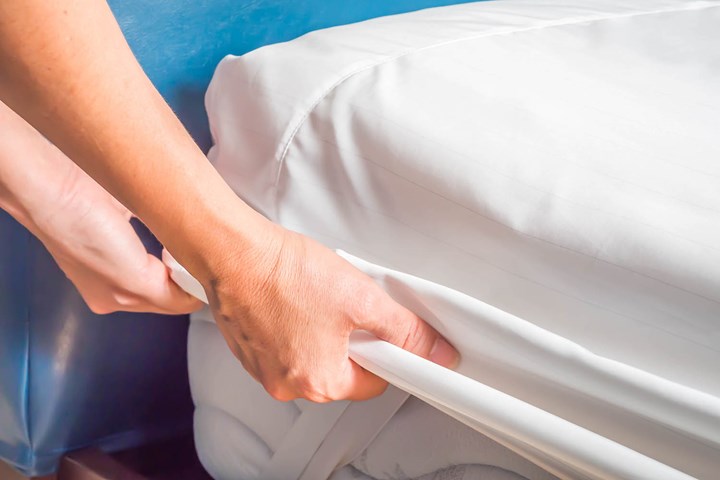







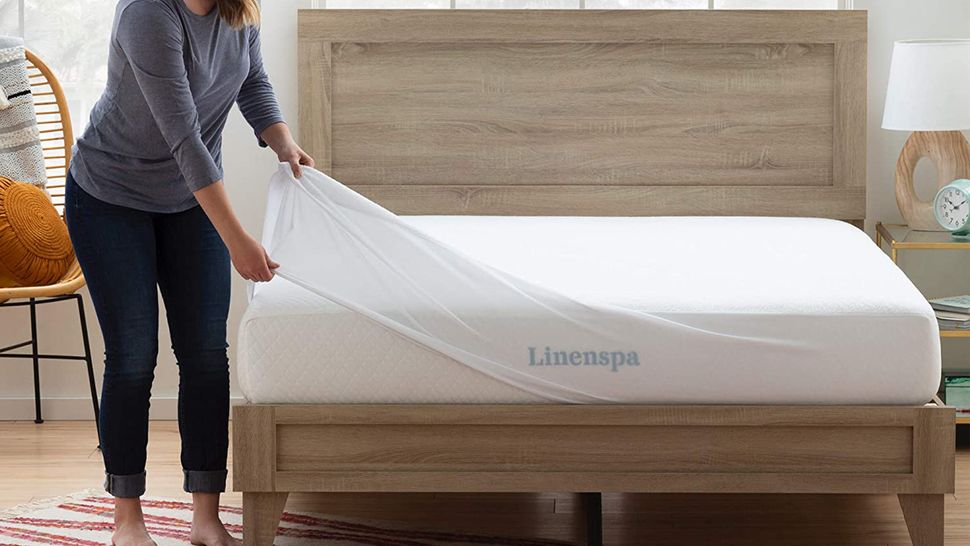

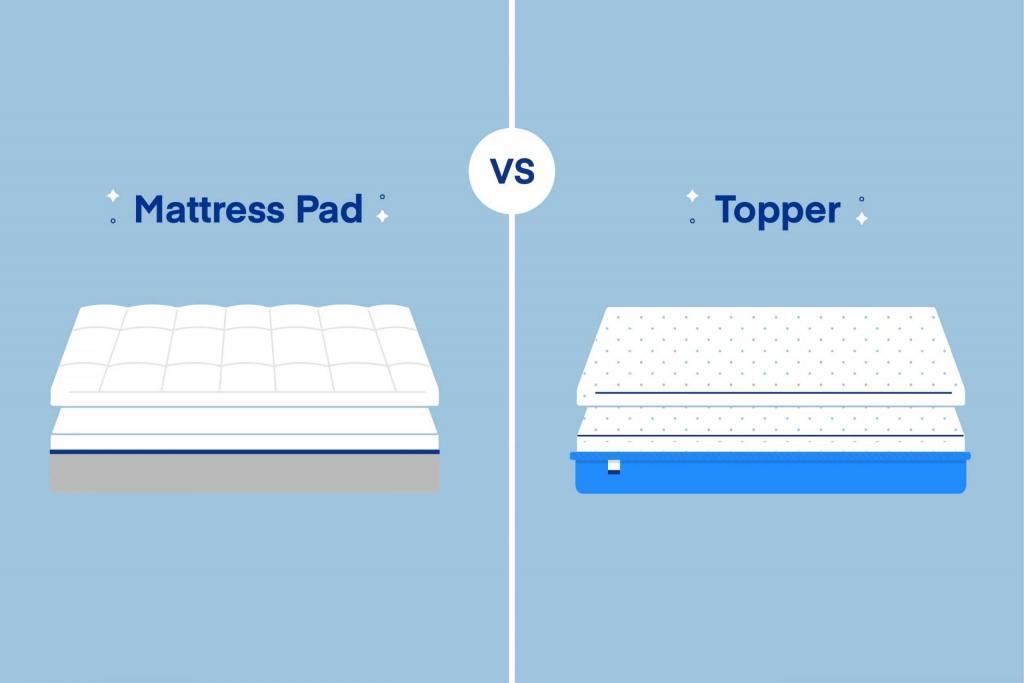
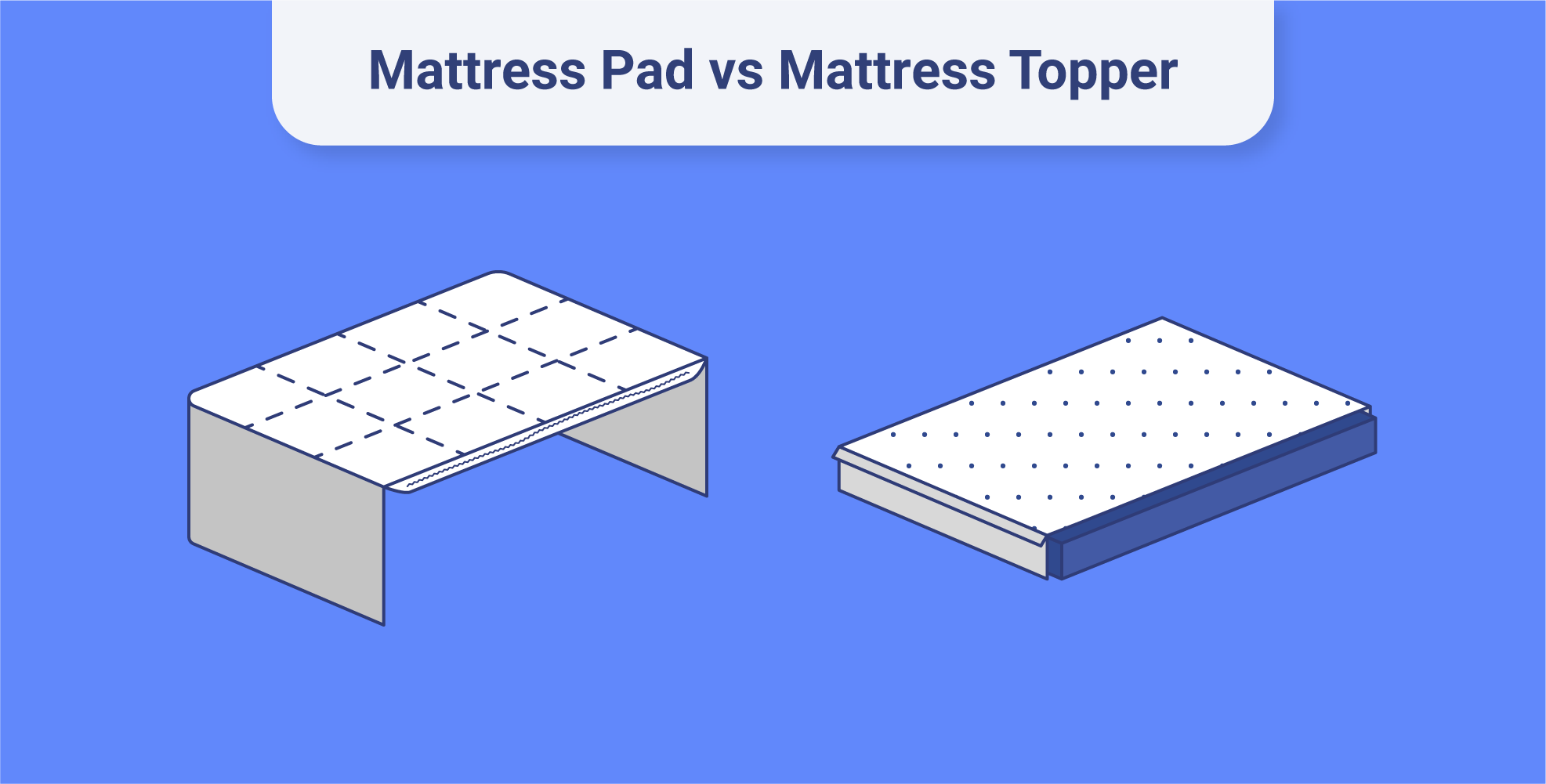

:quality(70)/cloudfront-us-east-1.images.arcpublishing.com/tronc/522O3BVCAORLOVJR3IKZPEO35M.jpg)
